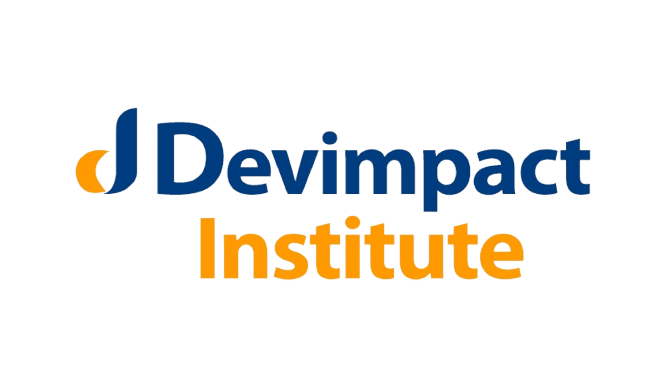
Training on Project Design using Logical Framework Approach
Project design is one of the critical phases in the project life cycle. How successful a project becomes will largely depend on how well it was designed. This course provides the skills on the Logical Framework Approach (LFA), the method used to achieve high quality project standards. The participants will learn about the concepts underlying the Logical Framework approach and the main steps in the application of this method.
Training on project design using logical framework approach introduces the participants to a structured way of linking the objectives of the project to the needs of the stakeholders and identifying strategies to provide the desired results.
Target Participants
Training on project design using logical framework approach is strongly recommended for all persons involved in any aspect of projects, from planning, implementation and monitoring and evaluation.
What you will learn
By the end of the course you will be able to:
- Describe the log frame approach, its purpose and limitations
- Analyze stakeholders needs essential for project planning
- Carry out problems analysis using problem trees
- Carry out objectives analysis using solutions trees
- How to write SMART objectives and consider indicators
- Develop a robust logframe with all the key project design elements
- Apply vertical and horizontal logic to a log frame matrix
Course Duration
Online 7 Days
Classroom-based 5 Days
Introduction to Project Management
- Characteristics of a project
- Project Cycle Management
- M&E in Project Management
- Results Based Management
Overview of Project Design Tools and Methods
- Introduction to M&E and project design
- Results Framework
- Theory of Change
- Logical Framework
Introduction to Logical Framework
- Purpose of the logframe
- Logframe and LFA
- Logframe and project lifecycle
- Logical framework formats
LFA: Project Analysis
- Stakeholders analysis
- Problem analysis
- Objectives analysis
- Strategy analysis
LFA: Project Logic
- Results chain approach
- Developing the project objectives
- Linking activities to outputs
LFA: Indicators
- Understanding indicators
- Indicator metrics
- Developing the indicators
- Linking indicators to objectives in a logframe
- Indicator baseline and targets
LFA: Means of Verification
- Introduction to data in M&E
- Data collection sources and methods
- Linking data to indicators
LFA: Risks and Critical Assumptions
- Introduction to project assumptions
- Developing assumptions in the logframe
- Risk management for critical assumptions
LFA: Project Schedules
- Project Implementation Plan
- Project Cost Schedules
Performance Measurement
- Monitoring strategies
- Performance Measurement Framework
- Indicator Performance Tracker

